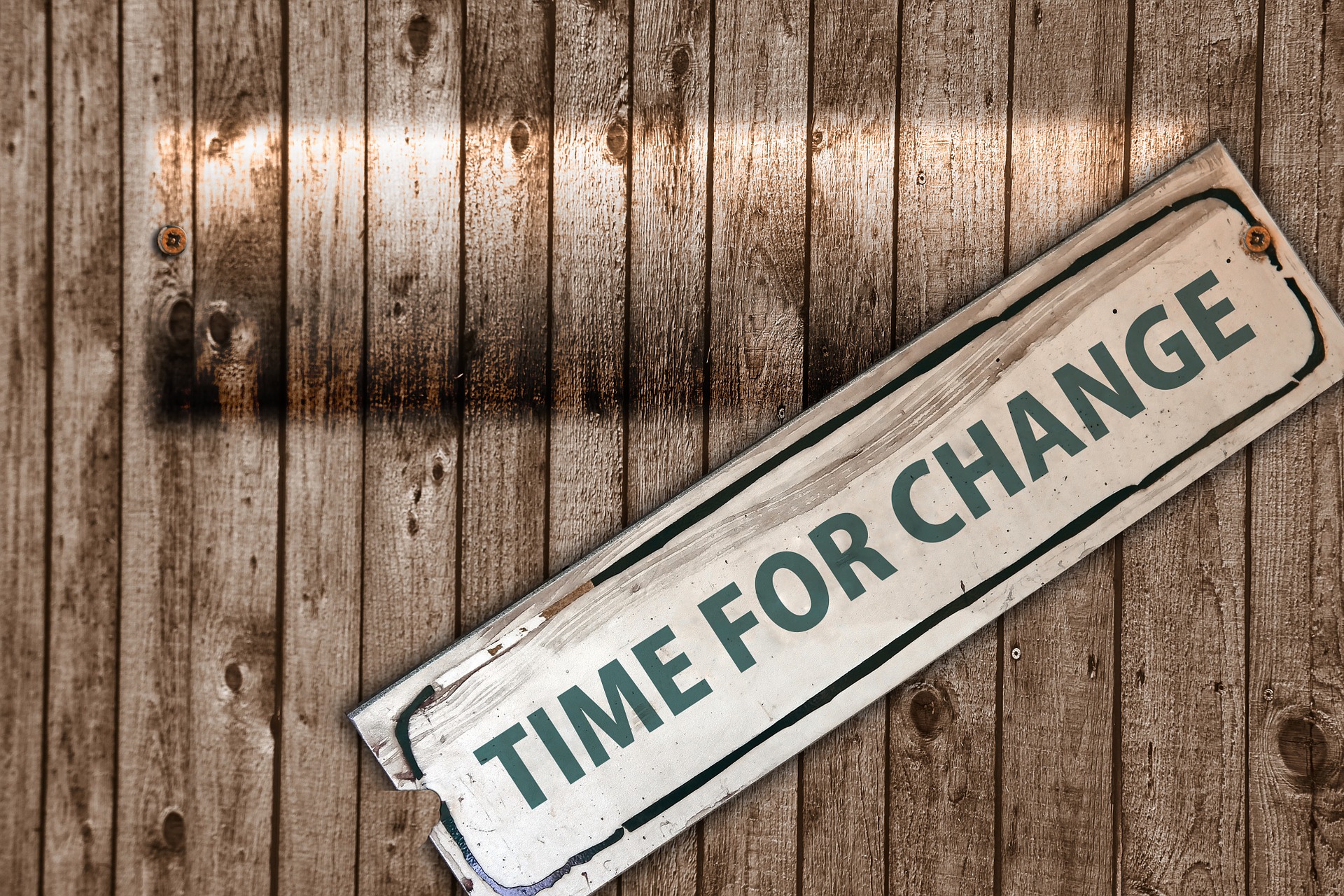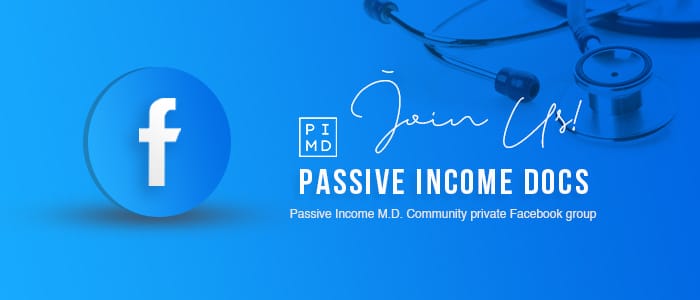
The Cost of Inaction or Playing It Safe
This post may contain links from our sponsors. We provide you with accurate, reliable information. Learn more about how we make money and select our advertising partners.
Every day, we’re presented with choices. Some are larger than others, and though some make little difference in the grand scheme of things, some choices can be life-altering. In life and in business, when we have a big decision to make, it’s all too easy to err on the side of caution–sometimes to our personal or financial detriment. It’s human nature.
But what is it that keeps us from making tough choices and taking risks? Well, neuroscientists think they’ve found the answer. In her book Stop Playing Safe, Margie Warrell says that “human beings are neurologically wired to overestimate the size of risks, underestimate our ability to handle them, and downplay the costs of inaction.”
In our lives, we tend to play it safe and stick to the status quo, even when the situation may be hurting us presently or in the future.
The Cost of Inaction
In a fantastic Ted Talk, Tim Ferriss shared how he confronts his own fears. He simply defines the fear, estimates the worst possible outcome, and then makes a plan for how to mitigate that outcome. This process helps him take the necessary steps to act effectively.
The truth is, our minds naturally seem to go straight to the worst case scenario. We weigh the potential cost of taking action, and that holds us back. But according to Ferriss, what we should be focusing on more is this cost of inaction. Meaning, what might your life look like in 6 months, to a year, to 3 years if you avoid taking this action or making a decision?
Perhaps this fear is a natural instinct that’s kept us humans alive all these years. However, it’s also kept many of us from reaching our full potential and living the lives we want.
Playing It Safe in Medicine
But how does this apply to our day-to-day lives? Well, many of us, especially in medicine, find ourselves walking down a certain path. We may have chosen it for ourselves, but that path may have left us feeling unhappy or unfulfilled. Still, we find that even though we want a change, we’re too paralyzed to try something new, even if it's just something on the side (like a side hustle).
We think about what we might have to give up or what failure might look like, and we underestimate our ability to be successful in other ventures. We also pay absolutely no attention to the cost of inaction, which is what our lives will ultimately look like if we do nothing.
We see the results of this mindset in the growing epidemic of physician burnout. Perhaps many of these physicians saw the warning signs but refused to act on it, and for them, the cost of inaction is burning out completely.
Cost of Inaction in Business
You also see this playing out in businesses all the time. Certain businesses are satisfied with the status quo and refuse to grow. It may not have been fear exactly, but a decision based on consensus judgment. Still, the cost of inaction is readily apparent in many cases, like the ill-fated Blockbuster.
Did you know that Blockbuster had a chance to buy Netflix for a measly $50 million back in 2000? The CEO passed on the opportunity, and now Netflix is worth more than $30 billion. The cost of inaction was very high for Blockbuster (how many of you are still renting DVDs?).
Disruption happens and companies that learn to adapt and change do well. In the business world this is referred to as “pivoting.” Take Starbucks for example: when they first started all they did was sell beans. It wasn’t until Howard Schultz took over in 1987 that they changed their business and became a coffee house . . . and the rest is history.
Apple is another prime example. They could have been content to make computers, but they decided to take a risk. Long story short, how many of you have an iPhone in your pocket?
My Own Personal Fear of Inaction
Personally, there have been countless times when I’ve played it safe. I'm human. It might've worked out sometimes but I'm sure I've paid the consequences as well.
I can, however, distinctly remember a time when I actually considered and focused on the cost of inaction. Within my first year or so of working as an attending, I heard that some of my anesthesia friends’ groups were being bought out by a larger corporation. They were basically given an ultimatum: either drop a significant amount of their income or consider finding another job.
Some they ended up working harder than they had before, only to get similar pay, and not surprisingly, headed down the road to discontent and burnout. This led me to believe that job security in medicine is a myth.
So even though I had dedicated over 12 years of my life to the field of medicine and this specialty, I quickly realized that if I put all my eggs in that basket and expected it to give me the life and security I wanted, I could end up in the same boat as them.
So I committed myself to learning more about finances, to finding other multiple streams of income, to hedge my bets. In a sense, I learned to “pivot” a bit. That led me to start investing in real estate, to start businesses, to save and invest as much as possible–all while trying to achieve a better balance in my life while still enjoying a life as a physician. I saw what my life could look like if I did nothing and I feared the cost of inaction the most.
Fast forward 5-6 years and nothing’s happened to my group, but I’m in a great position if or when that happens. I also feel like I've found a great work-life balance and I have choices in how to spend my time. In that time, I know of another friend whose group was bought out and they all faced a similarly tough situation. Such is the business of medicine today, unfortunately.
Summary
To quote Margie Warrell again, it seems that “in an effort to take the safest path possible many people end up living a life they would never consciously have chosen.”
The bottom line is that we need to make choices out of inspiration, not fear of failing. The only fear that should motivate us is the fear of inaction. Consider what your life would look like in a year or three or five if you don’t make any changes. Are you content with where you are or will be? I'm constantly trying to answer this question for myself.
One of the great motivators of our time, Tony Robbins, likes to say that if you don’t get the result you want, change your approach. If you still don’t get it, then change your approach again. Sometimes it takes big action and taking some smart risks.
Thinking about it, are you happy with the balance and where you are in your life? If so, that's amazing. If not, are there choices that you would make differently if fear wasn’t in the way? Should you take the fear of inaction more seriously?
If you’d like to discuss these things further with me and nearly 3000 others, and also ways to create additional streams of passive income, join us on the Facebook group Passive Income Docs or one of the others I recommend.
Disclaimer: The topic presented in this article is provided as general information and for educational purposes. It is not a substitute for professional advice. Accordingly, before taking action, consult with your team of professionals.


